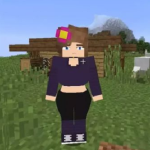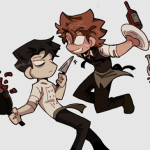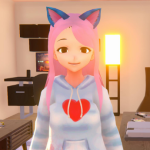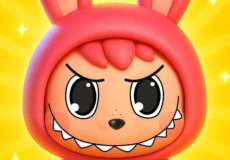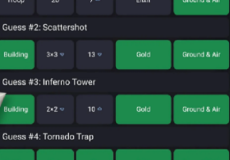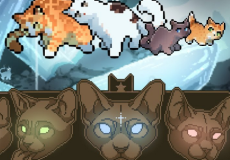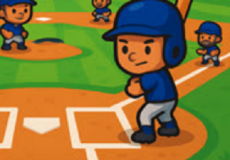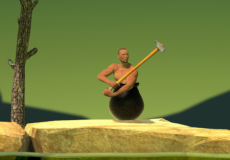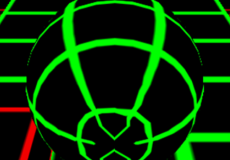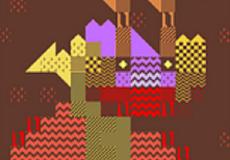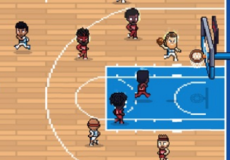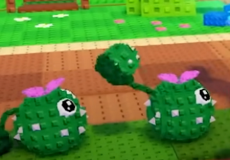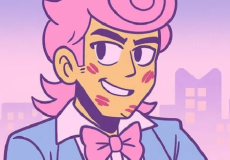

Clasherdle
Advertisement
Clasherdle is a card-based guessing game that transforms the Clash Royale and Clash of Clans universes into a logic challenge. The goal is to determine which card the system has hidden by making strategic guesses and analyzing feedback after each attempt. Every round tests how well the player understands card attributes and relationships between cost, rarity, and type. The experience rewards structured reasoning rather than luck or reaction time.
Advertisement
Similiar games
Clasherdle is a card-based guessing game that transforms the Clash Royale and Clash of Clans universes into a logic challenge. The goal is to determine which card the system has hidden by making strategic guesses and analyzing feedback after each attempt. Every round tests how well the player understands card attributes and relationships between cost, rarity, and type. The experience rewards structured reasoning rather than luck or reaction time.
Gameplay And Structure
At the start of a new puzzle, Clasherdle selects one random card from either Clash Royale or Clash of Clans. The player types in the name of any card as a guess. The game then compares the guessed card’s attributes with the secret one and provides data-based feedback. Traits such as elixir cost, rarity, card category (troop, spell, or building), and targeting range are evaluated. The feedback may show which details match and which are higher, lower, or different. This information forms the basis for logical deduction in the following rounds.
Modes And Adjustments
Clasherdle offers several gameplay versions, allowing players to tailor the experience to their preferred pace or focus:
· Daily challenge — one hidden card per day for all players.
· Endless mode — unlimited rounds for practice and progression.
· Dual-game option — choose between Clash Royale or Clash of Clans cards.
· History tracker — view previous results and accuracy rates.
Each mode maintains the same goal but adjusts how long or how competitively the game is played.
Logical Method
To succeed in Clasherdle, many players use a planned process instead of guessing randomly:
· Start with a card that has average elixir cost and balanced traits.
· Use early feedback to confirm the rarity and eliminate wide groups of cards.
· Adjust guesses based on “higher” or “lower” cost clues.
· Focus on card type to narrow options between troops, spells, and buildings.
· Save final guesses for checking remaining uncertain details.
This pattern ensures that every move contributes useful information and moves the player closer to the correct result.
Replay And Learning
Clasherdle appeals to players who enjoy data-driven thinking and pattern recognition. It also serves as an educational tool for improving familiarity with card statistics and interactions. Daily puzzles give a shared experience across the community, while open modes allow continued experimentation. As Clash Royale and Clash of Clans add new content, the possible combinations grow, keeping the puzzles dynamic. The game’s strength lies in its simplicity: knowledge of the Clash ecosystem becomes a foundation for careful analysis and logical reasoning.
Discuss Clasherdle







